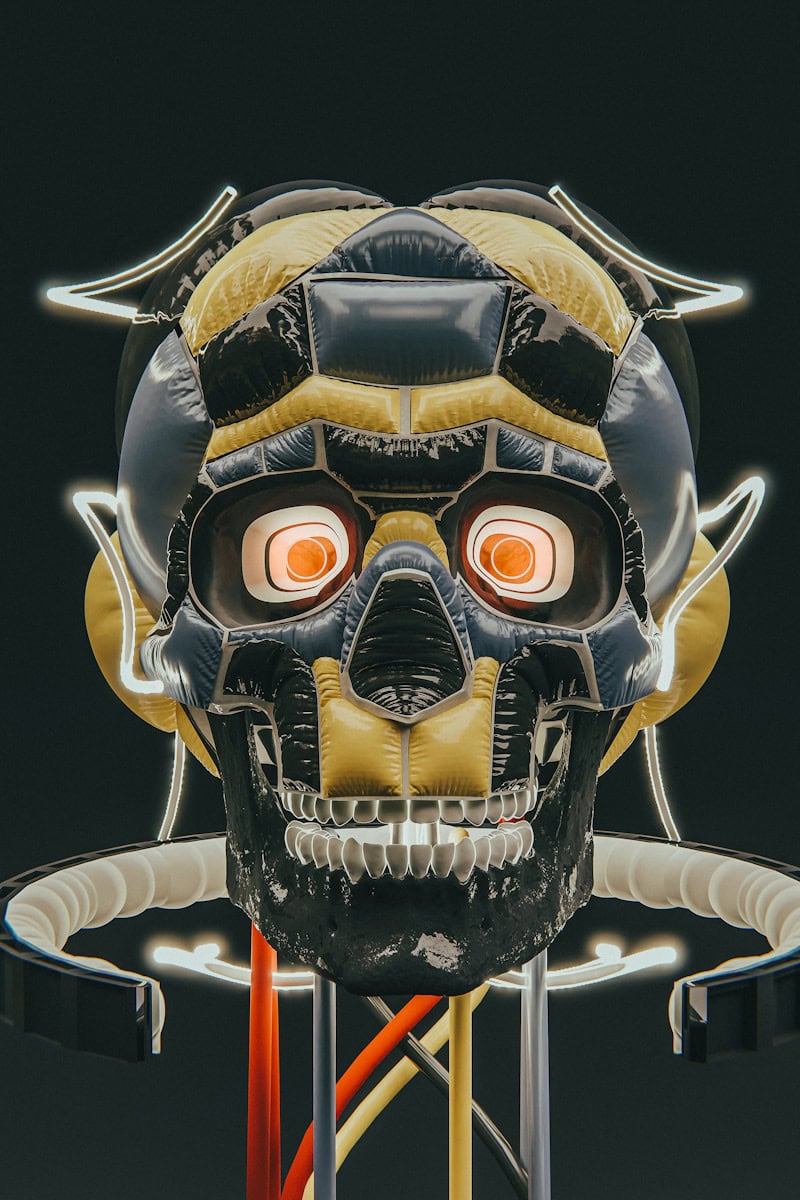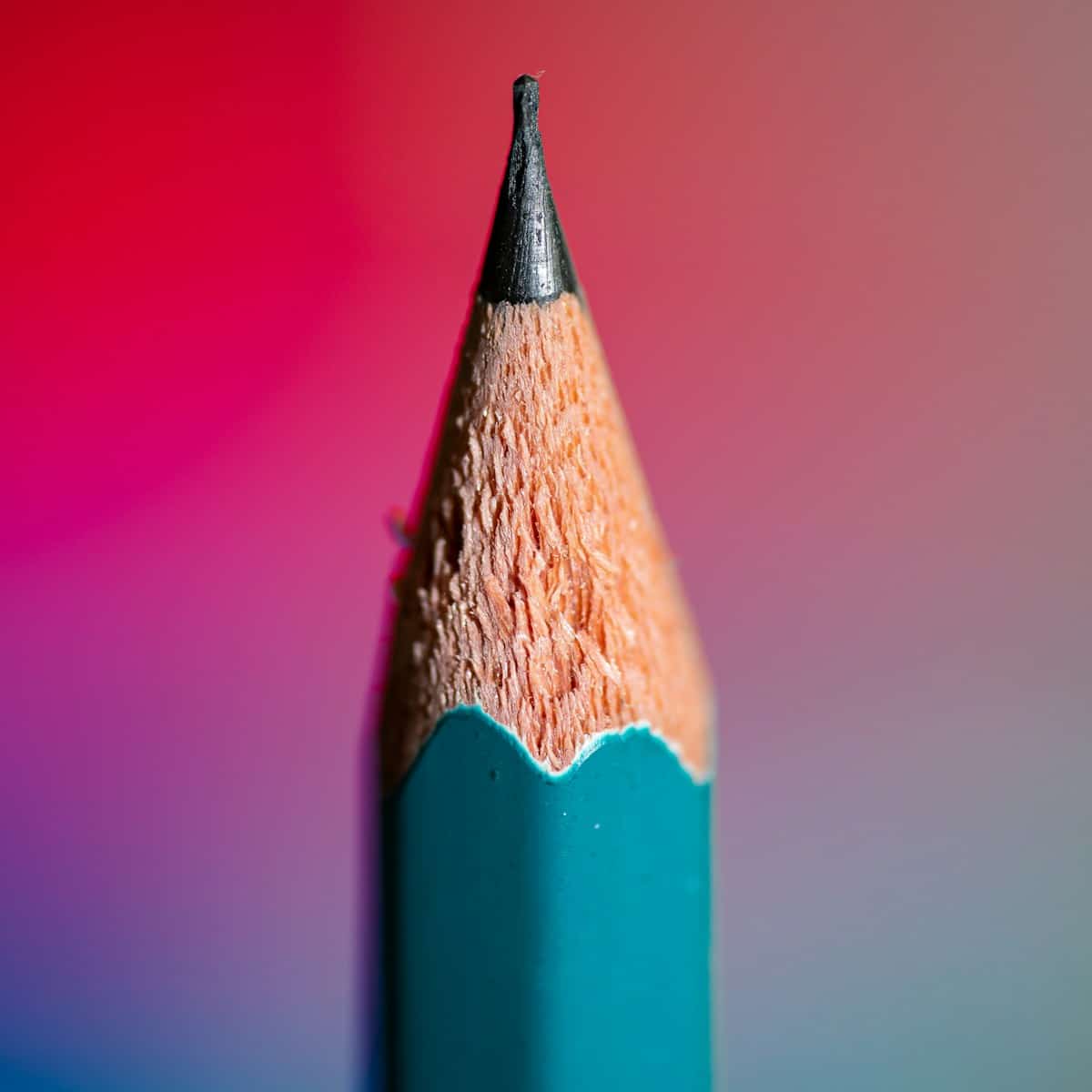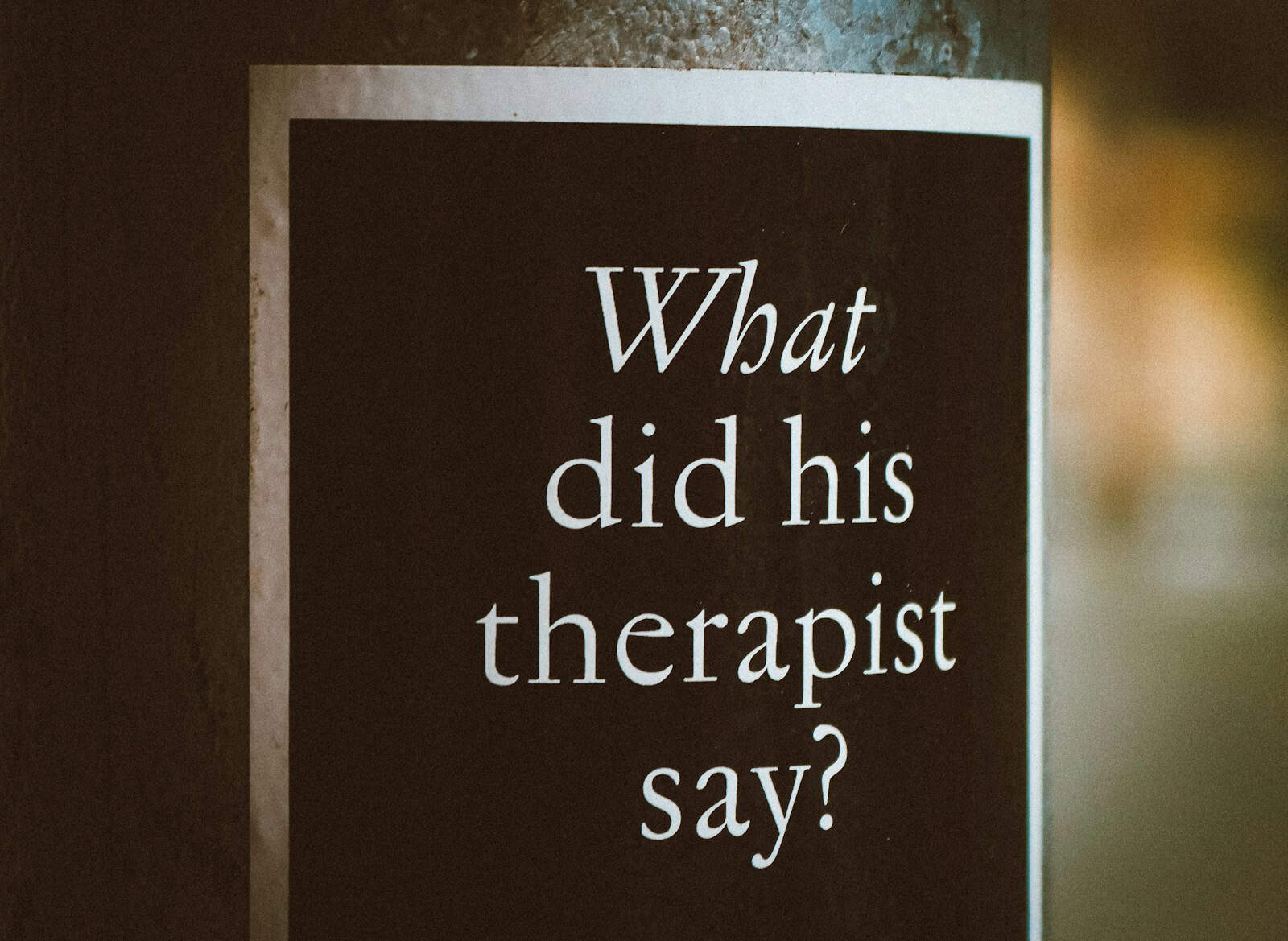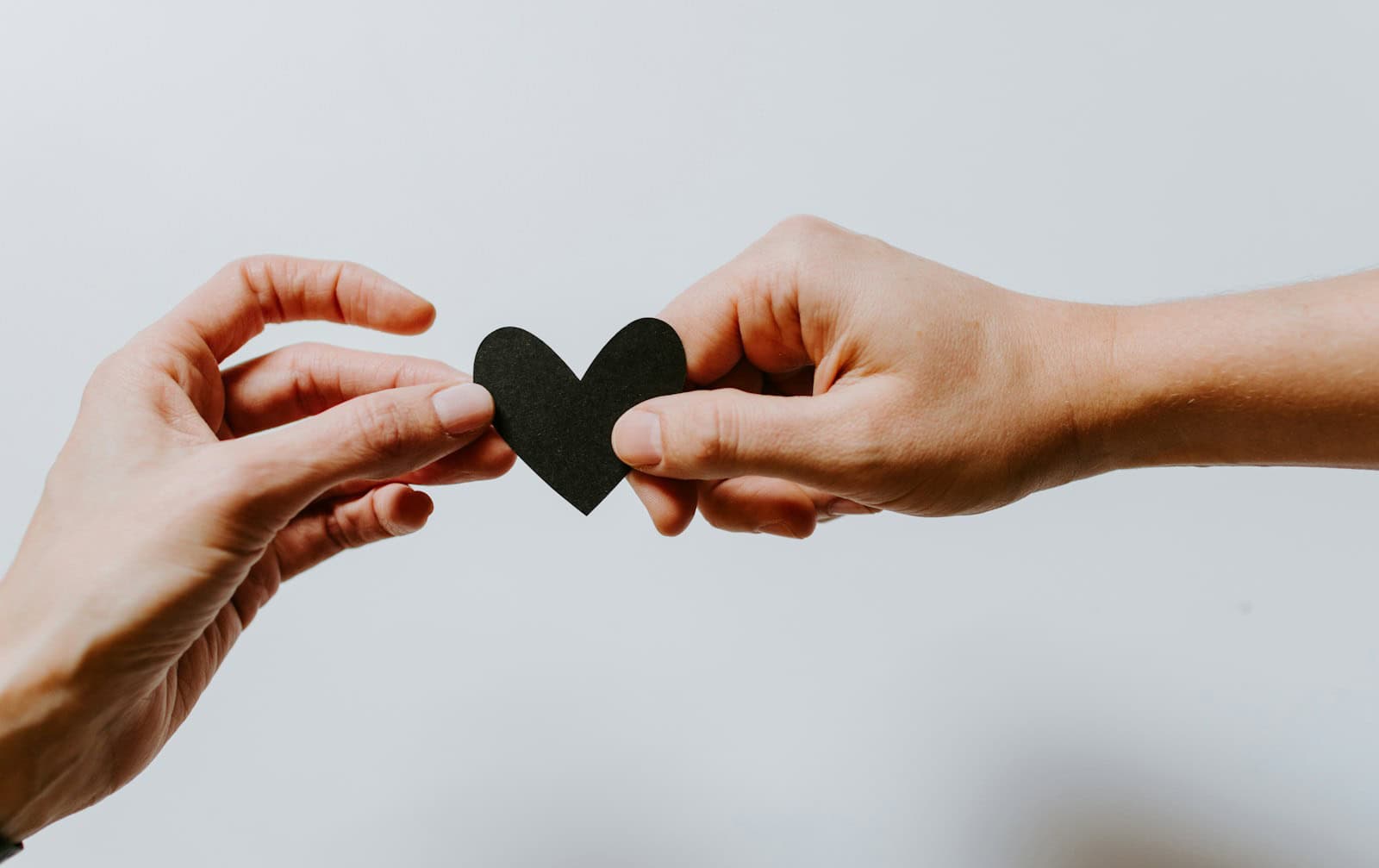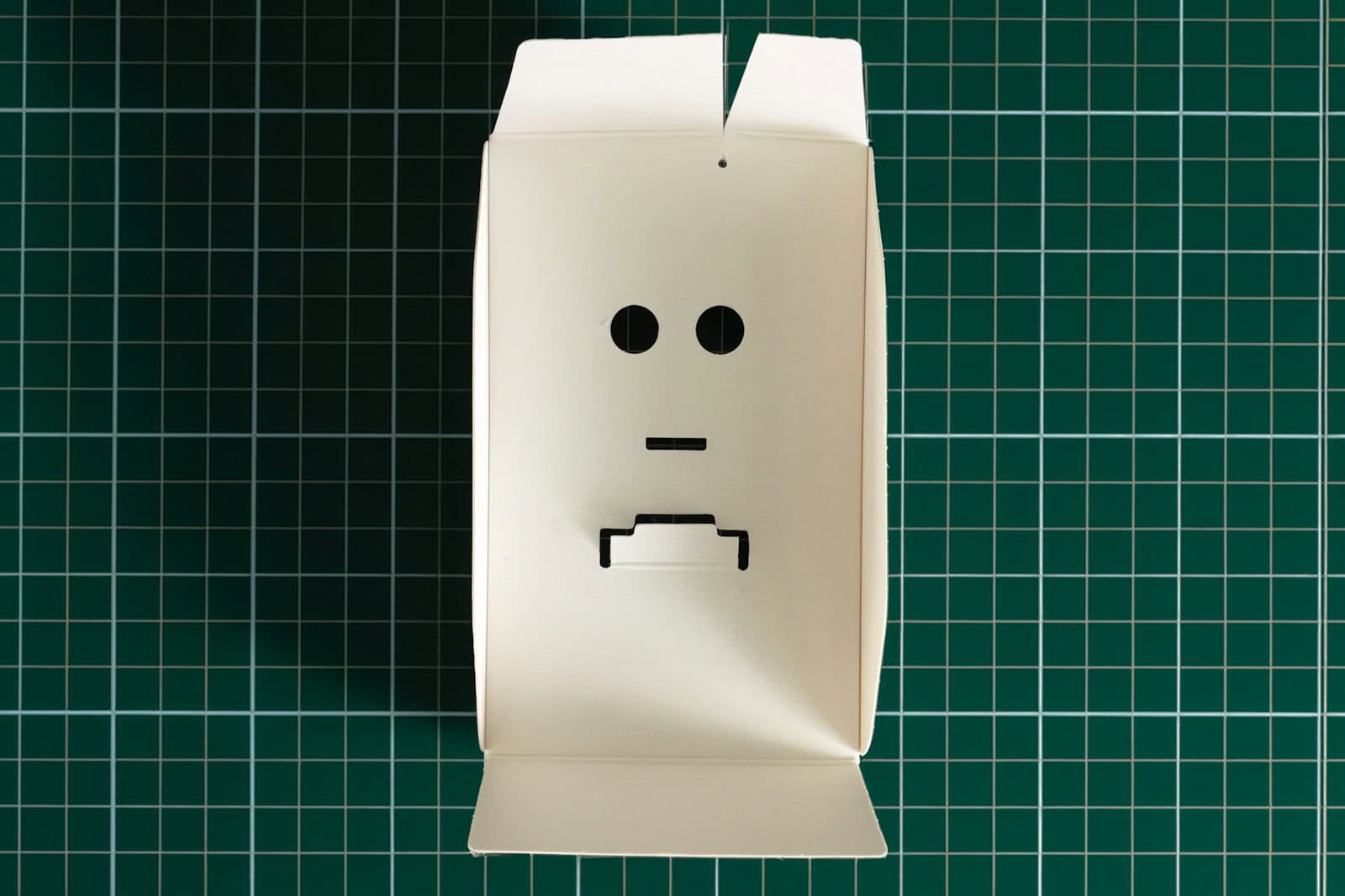How to Break Free from Toxic Productivity (Before It Burns You Out)
You just spent your entire lunch break answering emails that could wait until tomorrow, you had some time free so you figured you’d be productive.
You ever felt guilt watching Netflix without doing something “useful” at the same time? The way your brain automatically turns hobbies into potential side hustles. Toxic productivity doesn’t feel toxic at first, it actually feels responsible. It feels like you’re winning at life. Until one day you realize you can’t remember the last time you enjoyed doing absolutely nothing.
What Toxic Productivity Really Means
 Toxic productivity isn’t about working hard or having goals, it’s when being productive becomes the only way you feel worthy of existing. You feel unless you are busy, you are doing something wrong
Toxic productivity isn’t about working hard or having goals, it’s when being productive becomes the only way you feel worthy of existing. You feel unless you are busy, you are doing something wrong
You know you’re caught in toxic productivity when rest feels like failure. When you can’t enjoy a sunset without photographing it for your productivity journal, or when your mood depends entirely on how much you crossed off your to-do list that day.
Look for these warning signs in your own life:
- Your identity becomes your output. You introduce yourself by listing your achievements instead of sharing who you are as a person.
- Everything becomes a potential hustle to improve yourself. Reading becomes “consuming content for growth.” Exercise becomes “optimizing your performance metrics.” Even meditation gets measured and tracked like a business KPI.
- Downtime triggers guilt., yeah we’ve all been there. You justify watching movies by calling them “research” or folding laundry during them to feel productive.
The stark reality is that the finish line keeps moving. No matter how much you accomplish, there’s always something else that needs to be done, optimized, or improved.
Why Your Brain Gets Addicted to Being Busy
Every time you check something off a list, your brain gets a small hit of dopamine. Doesn’t sound so bad right? But Harvard Business School research shows this reward system can become as addictive as gambling.
Here’s the problem. That same brain chemistry that helped our ancestors survive is now keeping us trapped in endless busyness. What does that mean? It means your brain thinks being productive equals staying alive.
Throw in social media showing you everyone else’s highlight reels, and suddenly “busy” becomes the only acceptable answer to “How are you doing?”
When did having a packed schedule become something to brag about or when did we start wearing exhaustion like a badge of honor?
The Real Reason “Just Take a Break” Doesn’t Work
You’ve probably tried the obvious solutions, like taking a vacation or practicing self-care or setting better boundaries. Maybe they helped for a week, but the pattern came back stronger than before.
That’s because toxic productivity isn’t really about productivity. It’s about control and proving your worth.
When life feels uncertain, productivity gives you something solid to point to, to ground you. “I may not have everything figured out, but at least I got fifteen things done today.” It becomes your way of proving you deserve to take up space on this planet.
The much deeper issue is this: somewhere in your past, you learned that humans need to justify their existence through output.
The Perfectionism Trap That Keeps You Stuck
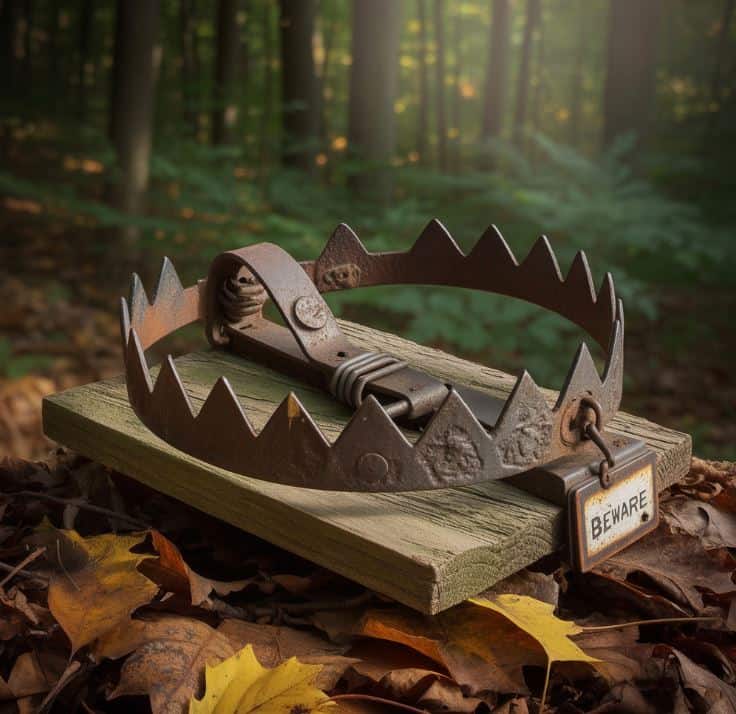 Most people caught in toxic productivity are also dealing with a perfectionism program. Not the helpful kind that makes you do good work, but the exhausting kind that makes nothing ever feel like enough.
Most people caught in toxic productivity are also dealing with a perfectionism program. Not the helpful kind that makes you do good work, but the exhausting kind that makes nothing ever feel like enough.
The kind that has you believing that if you just worked harder, planned better, optimized more efficiently, you’d finally reach some magical state where you felt “caught up” and could relax. Well, that day never comes
Here’s the truth: perfectionism and toxic productivity feed each other. The more you try to control your output, the more you notice what’s “wrong” with your systems. The more you notice what’s wrong, the harder you feel like you need to work to fix it.
You’re stuck in an eternal loop.
For a deeper dive into how toxic productivity leads to burnout and mental health issues, see this guide by Harvard Business Review: Are You Addicted to Busyness?
How to Actually Break Free (Without Becoming Lazy)
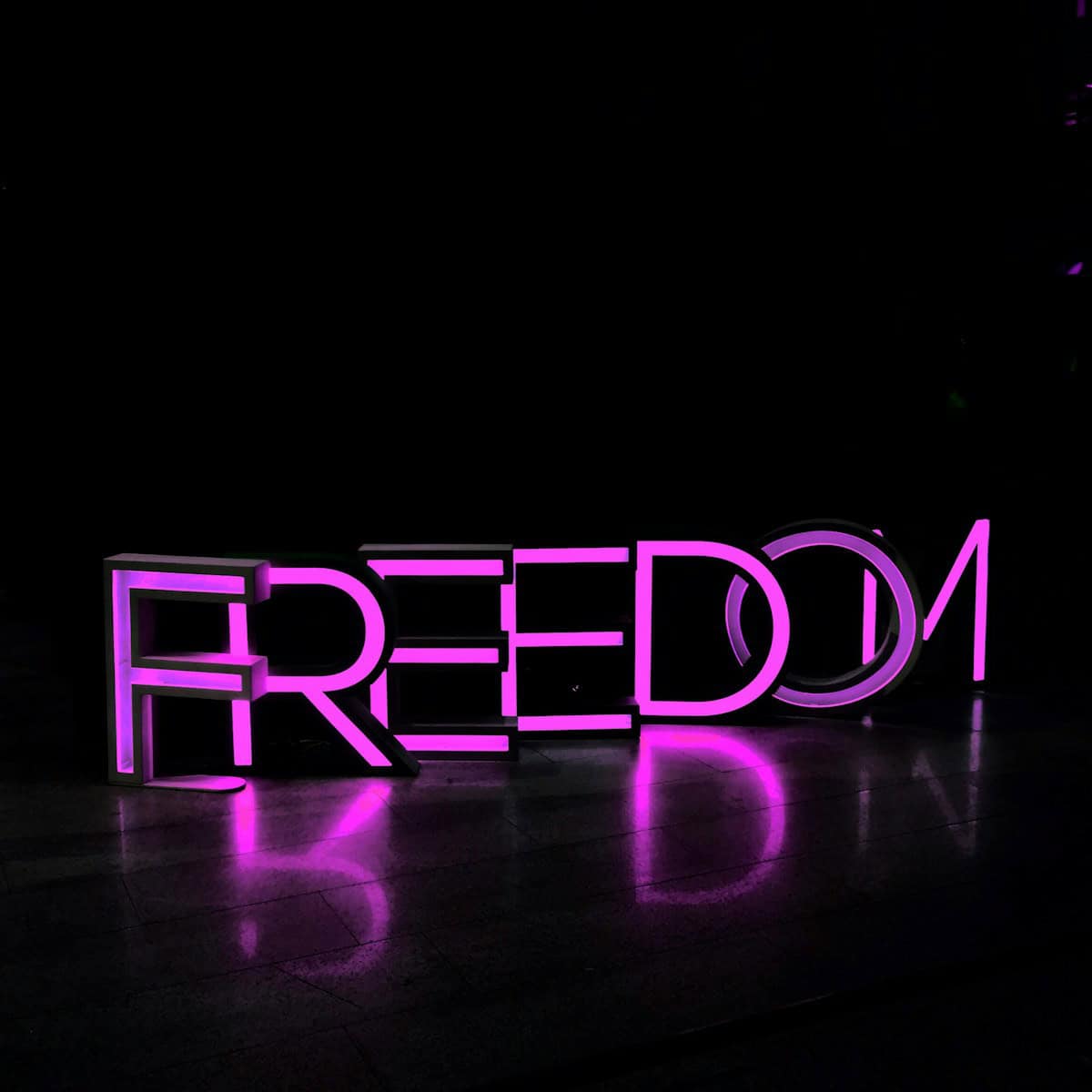 You can’t think your way out of toxic productivity. You have to feel your way out.
You can’t think your way out of toxic productivity. You have to feel your way out.
The first step isn’t changing your schedule or downloading a new app. It’s getting curious about what you’re actually afraid of underneath all the busyness.
Start With This One Question
Next time you feel that familiar urge to be productive during downtime, pause and ask yourself: “What am I afraid will happen if I don’t do this thing right now?”
Sometimes the answer is practical: “I’ll miss my deadline.” But more often, it’s something deeper: “I’ll feel lazy.” “People will think I don’t care.” “I’ll fall behind everyone else.” Now those fears feel real, but they’re not facts are they? They’re just stories you’ve learned to tell yourself about what makes you valuable as a person.
The Permission Practice That Changes Everything
This might sound silly and not part of the hustle culture we see everywhere, but it works: start giving yourself explicit permission to exist without producing anything.
- “I give myself permission to spend Sunday morning in bed without feeling guilty.”
- “I give myself permission to have a hobby that will never make money.”
- “I give myself permission to be average at most things.”
The goal isn’t to become lazy or stop caring about your work. It’s to separate your worth as a human being from your productivity output.
Healthier alternative: Instead of trying to optimize every moment today, practice being present in just one moment. Eat lunch without checking your phone. Take a shower without planning your afternoon. Notice what it feels like to exist without needing to prove anything.
What Recovery Actually Looks Like
Breaking free from toxic productivity isn’t about becoming less effective, it’s about becoming more human, a human being, not a human doing.
You’ll know you’re healing when you can sit in a coffee shop without bringing your laptop. When you can take a walk without listening to a podcast about personal development, or when you can have a slow morning without calculating how much you “could have” accomplished instead.
Recovery means rediscovering what you actually enjoy, not what you think you should enjoy based on how productive it makes you.
The Uncomfortable Truth About Slowing Down
I won’t lie to you: stepping away from toxic productivity feels scary at first. You might worry about falling behind or disappointing people, or you might feel guilty about not maximizing every opportunity that comes your way. All that is normal. You’re chaning, and this hard
But the people who matter most in your life care about your wellbeing, not your output. The projects that truly matter will still be there when you approach them from a healthier mindset.
And those opportunities you “miss” while taking care of yourself? They probably weren’t aligned with who you actually are anyway.
How to Set Boundaries That Actually Stick
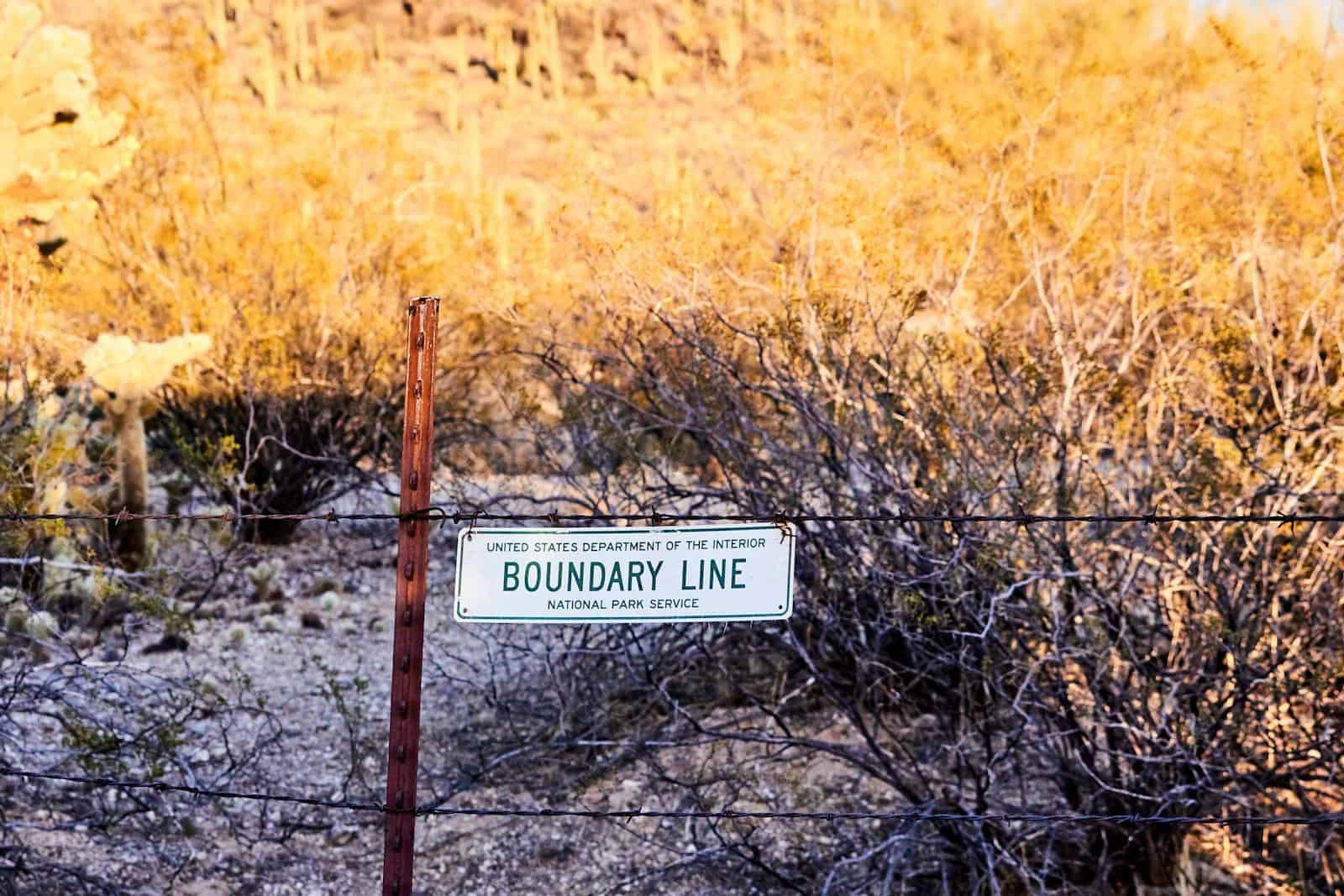 The key to healthy boundaries isn’t willpower. It’s getting clear about what you’re protecting and why it matters to you personally.
The key to healthy boundaries isn’t willpower. It’s getting clear about what you’re protecting and why it matters to you personally.
Instead of saying “I’m going to work less,” try “I’m going to protect my energy so I can show up fully for the people and projects that matter most to me.”
Instead of “I need to stop being so busy,” try “I want to make space for experiences that actually feed my soul instead of just my ego.”
When you’re clear about the why, it becomes easier to say no to what doesn’t serve you.
Building a Life That Doesn’t Need Constant Optimization
The opposite of toxic productivity isn’t laziness. It’s intentionality.
This means making choices based on what matters to you, not what looks impressive to other people. It means accepting that some things will be left undone, and that’s perfectly okay. If you’ve been used to running your life according to some rules you belief you have to stick to, then doing things for yourself will be hard at first.
Start small. Choose one area of your life where you’re going to prioritize being over doing. Maybe it’s your mornings. Maybe it’s your weekends. Maybe it’s how you show up in your relationships.
Notice what happens when you approach that area with curiosity instead of optimization. When you let it be messy and imperfect and beautifully human.
Conclusion
Toxic productivity promises that if you just work hard enough, optimize enough, accomplish enough, you’ll finally be enough. But that’s not how human worth works.
You’re already enough, exactly as you are, without producing a single thing today. It’s just we aren’t told that or allowed to believe that.
The goal isn’t to stop caring about your work or abandon your dreams. It’s to remember that your value as a person isn’t determined by your output.
Your next step doesn’t have to be dramatic. It can be as simple as taking three deep breaths before checking your phone in the morning. Or eating one meal away from your computer. Or choosing to be fully present in one moment today without needing to document or improve it.
You don’t have to earn your right to exist. You don’t have to justify your place in the world through constant achievement. You’re allowed to be human, with all the beautiful inefficiency that comes with being alive.
Recommended
Breaking Free from Toxic Traits: Tools That Work (Part 3)
